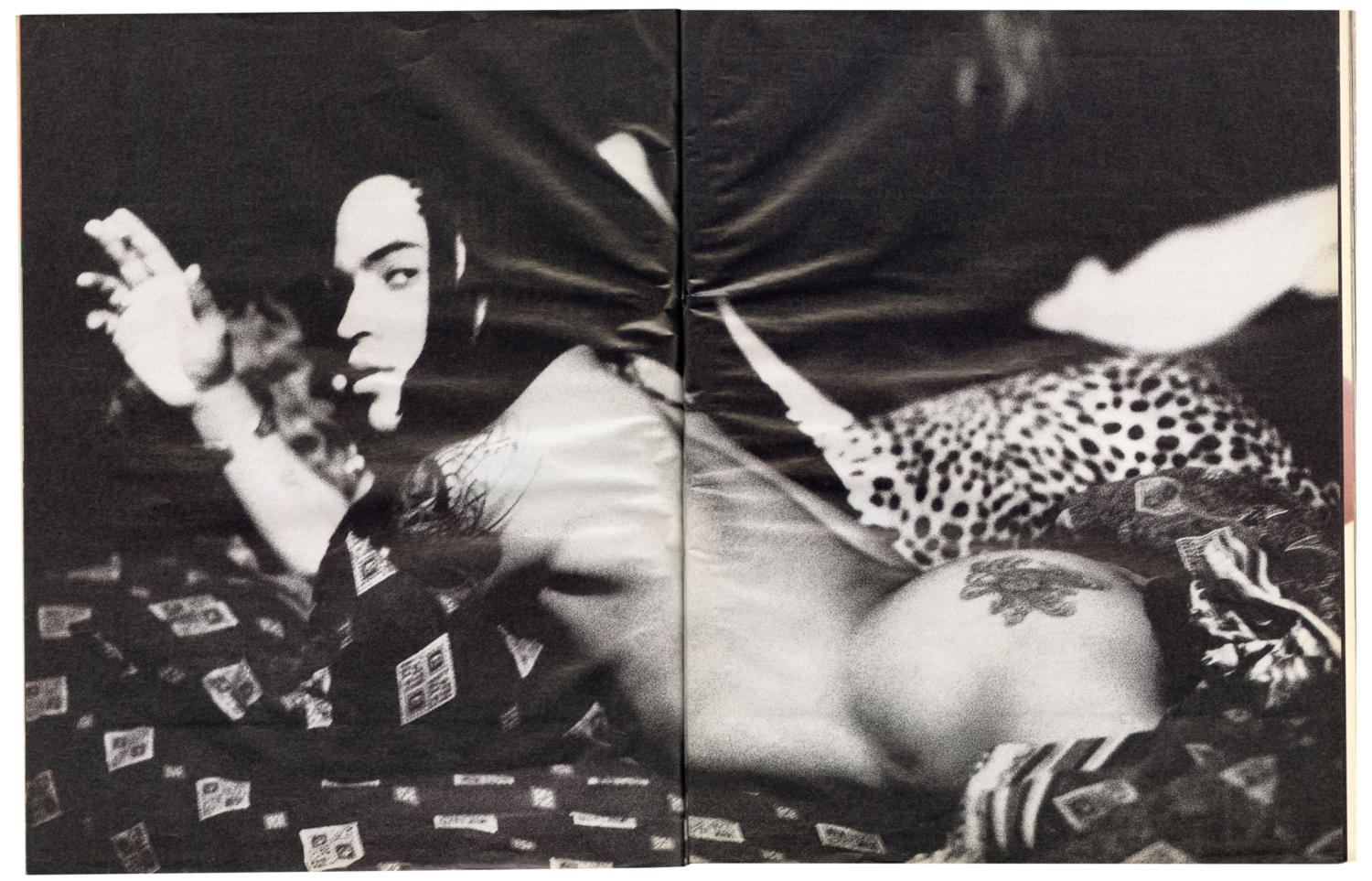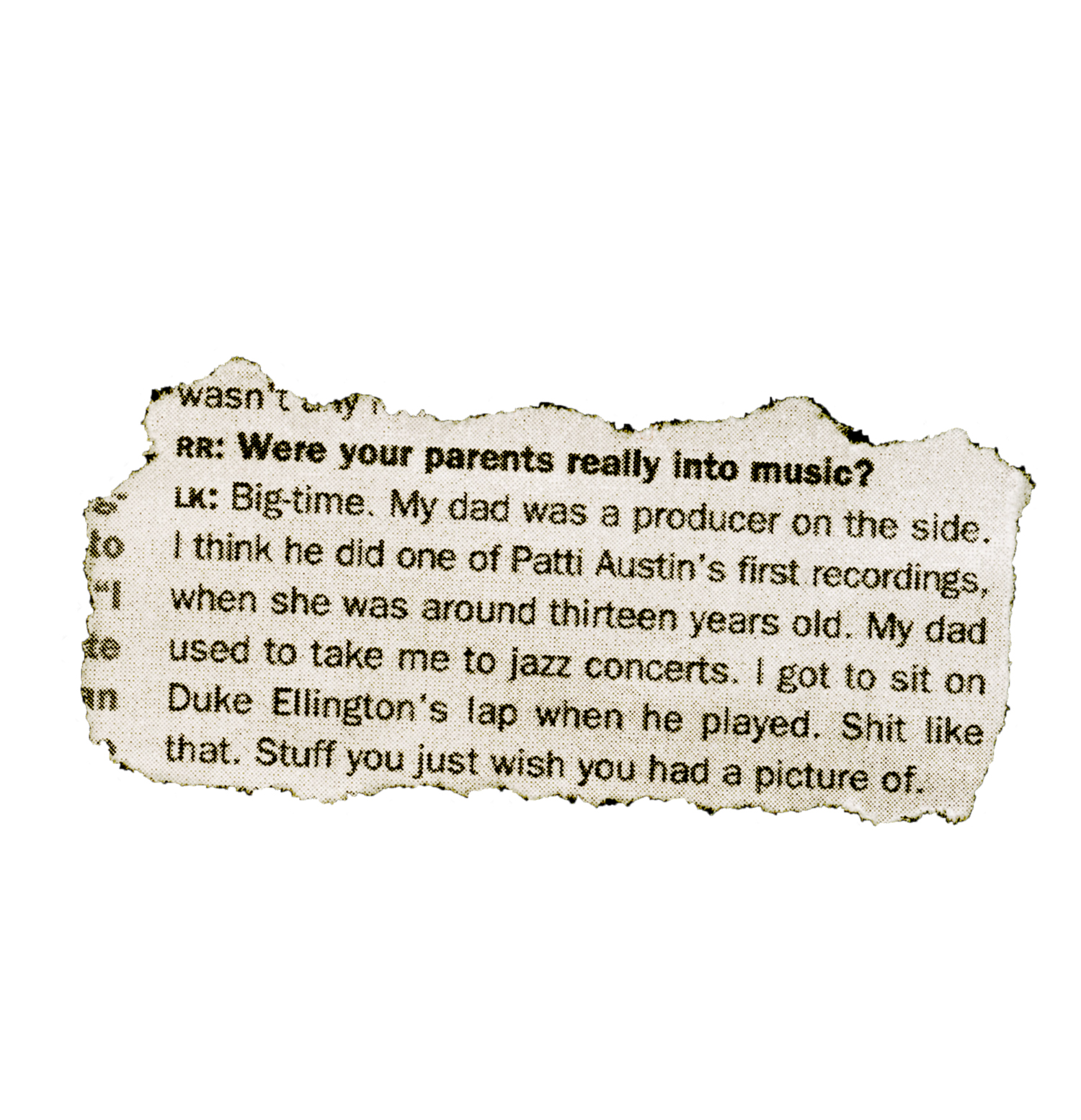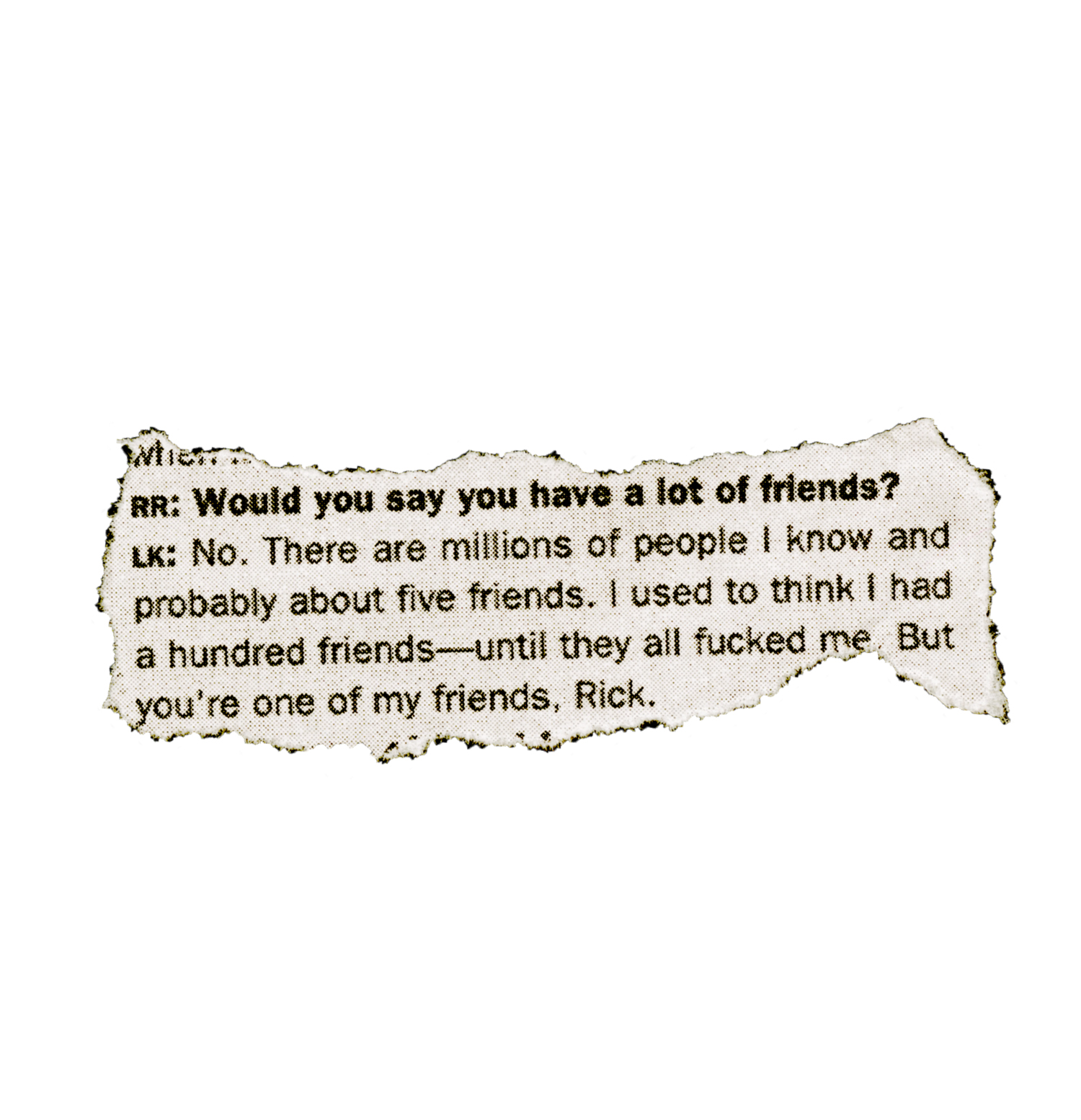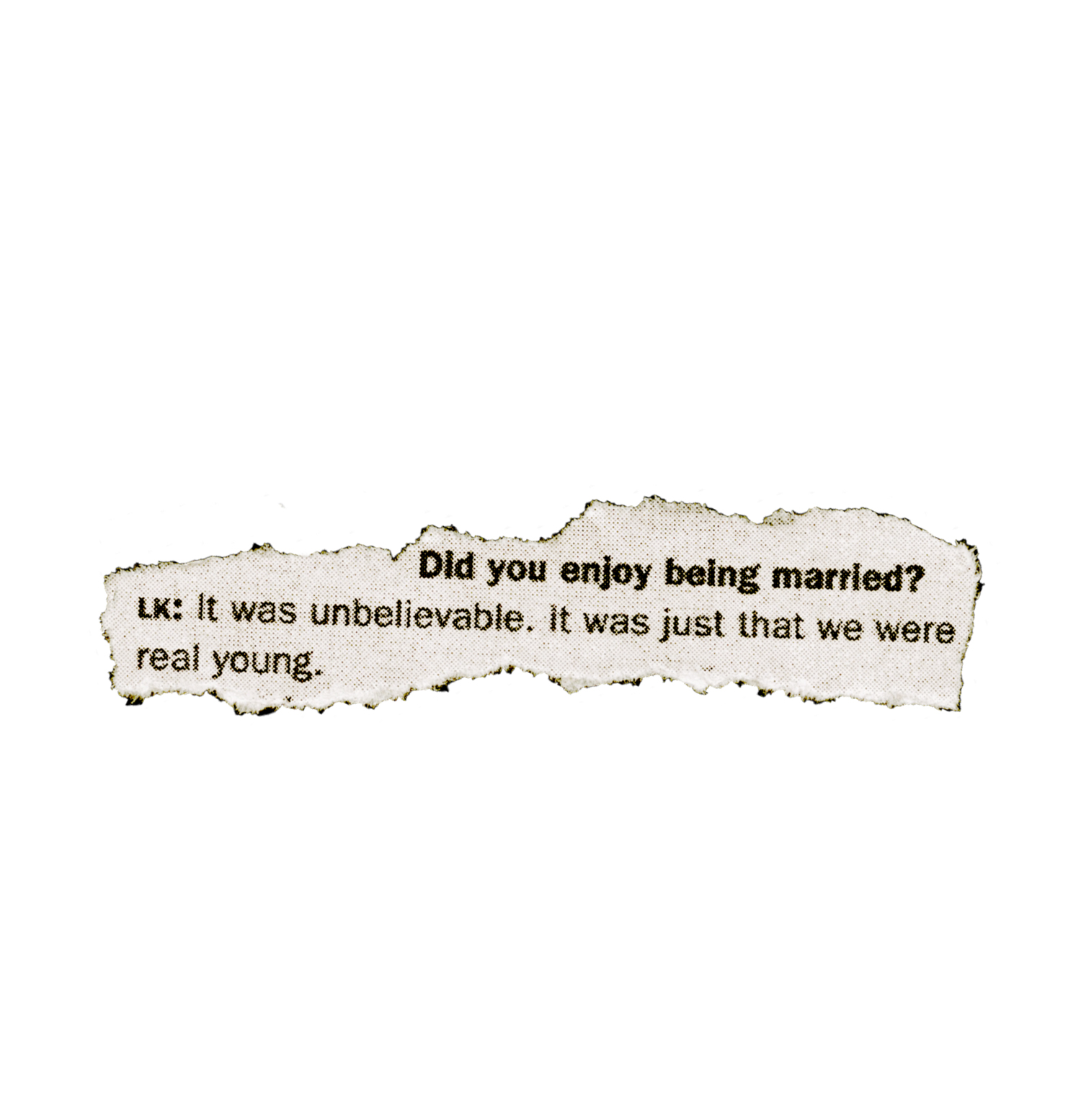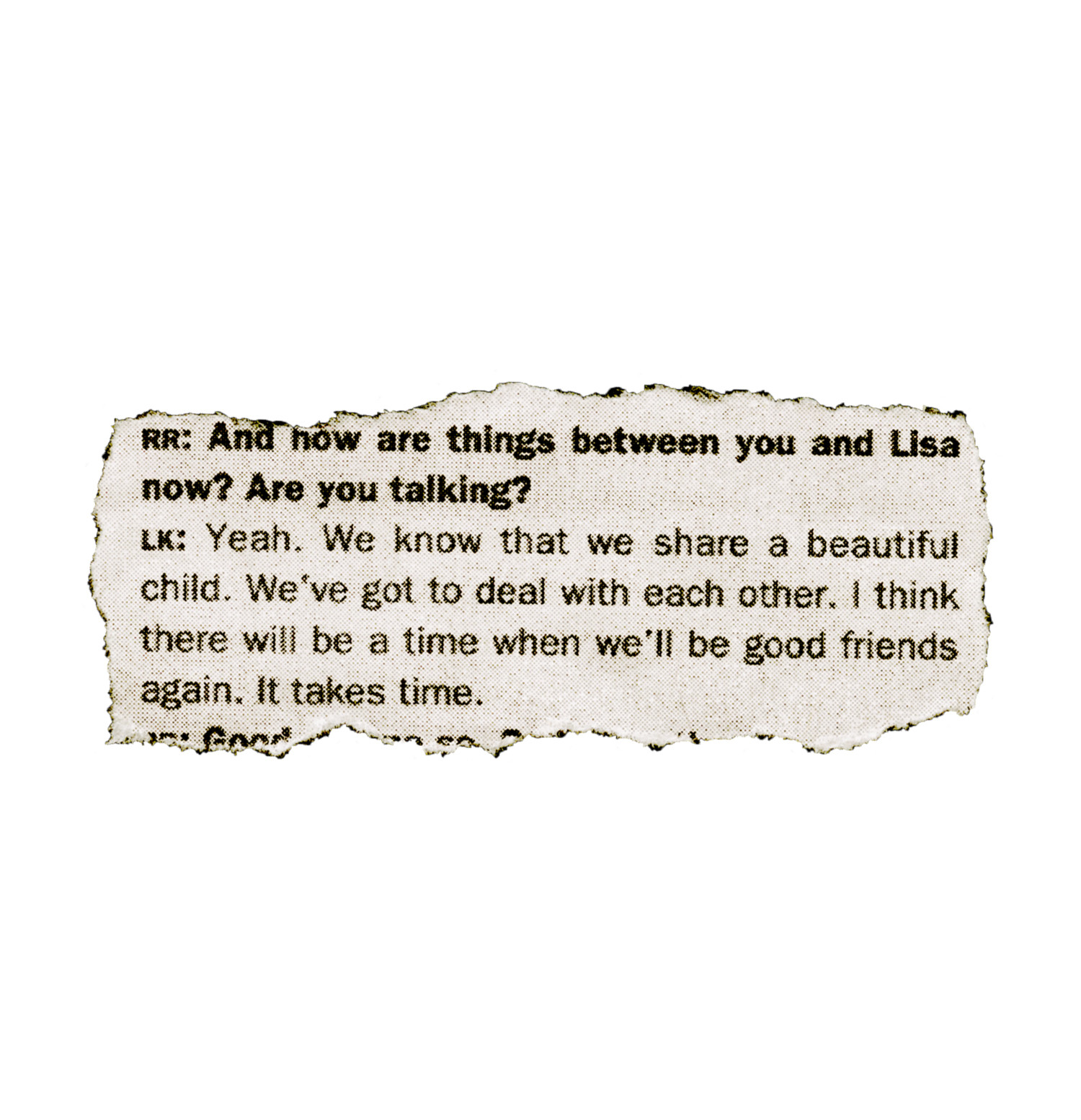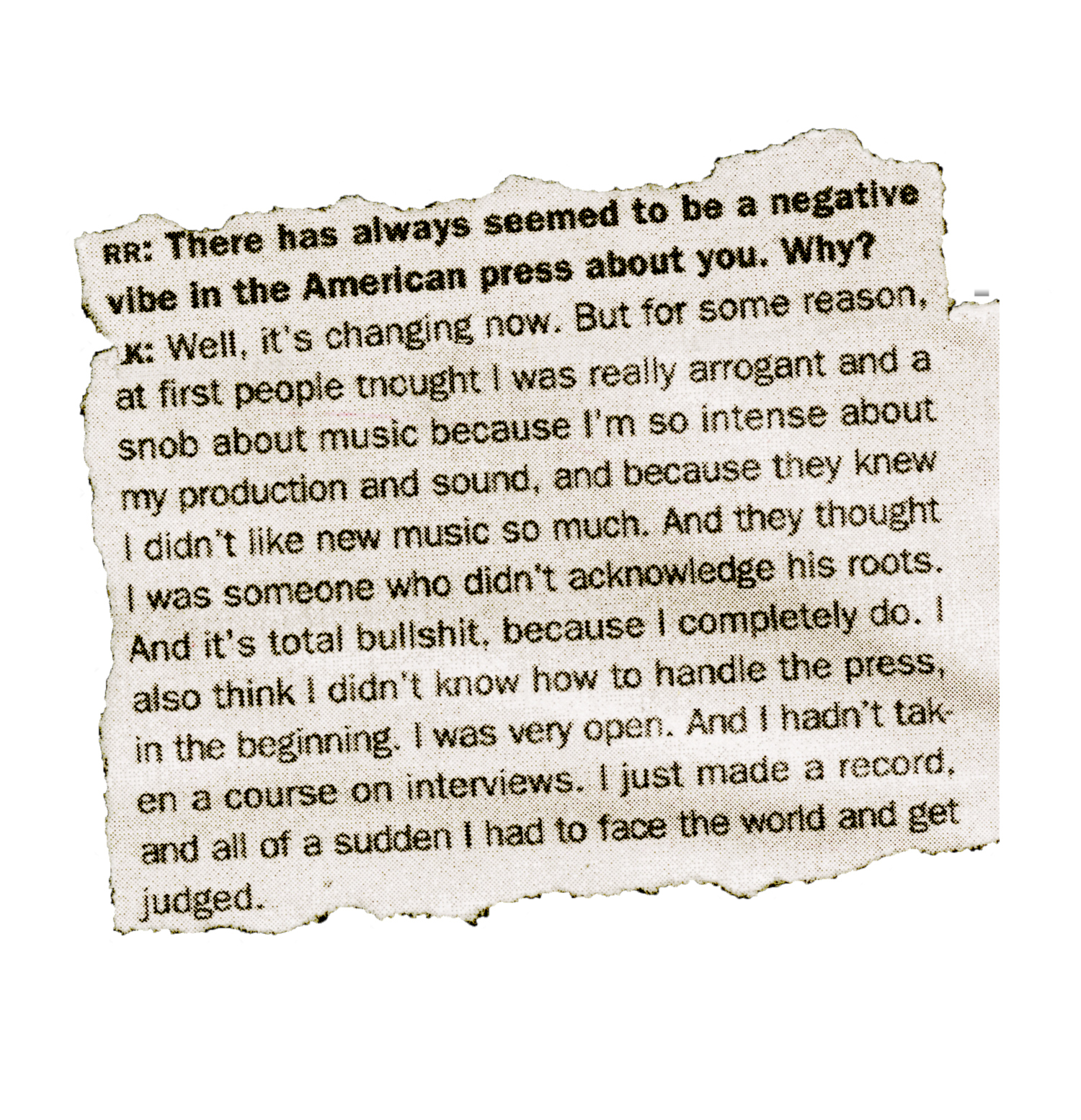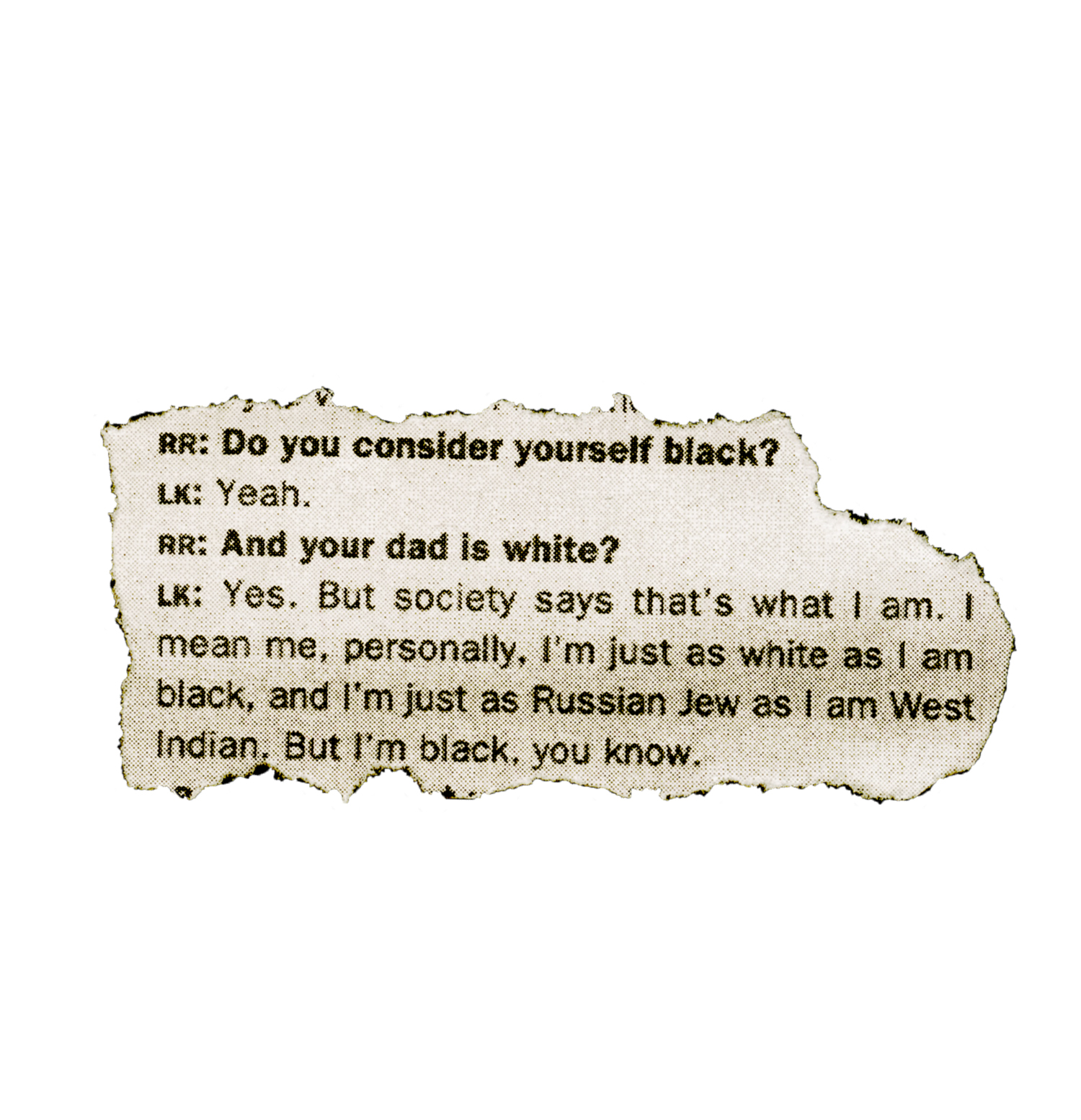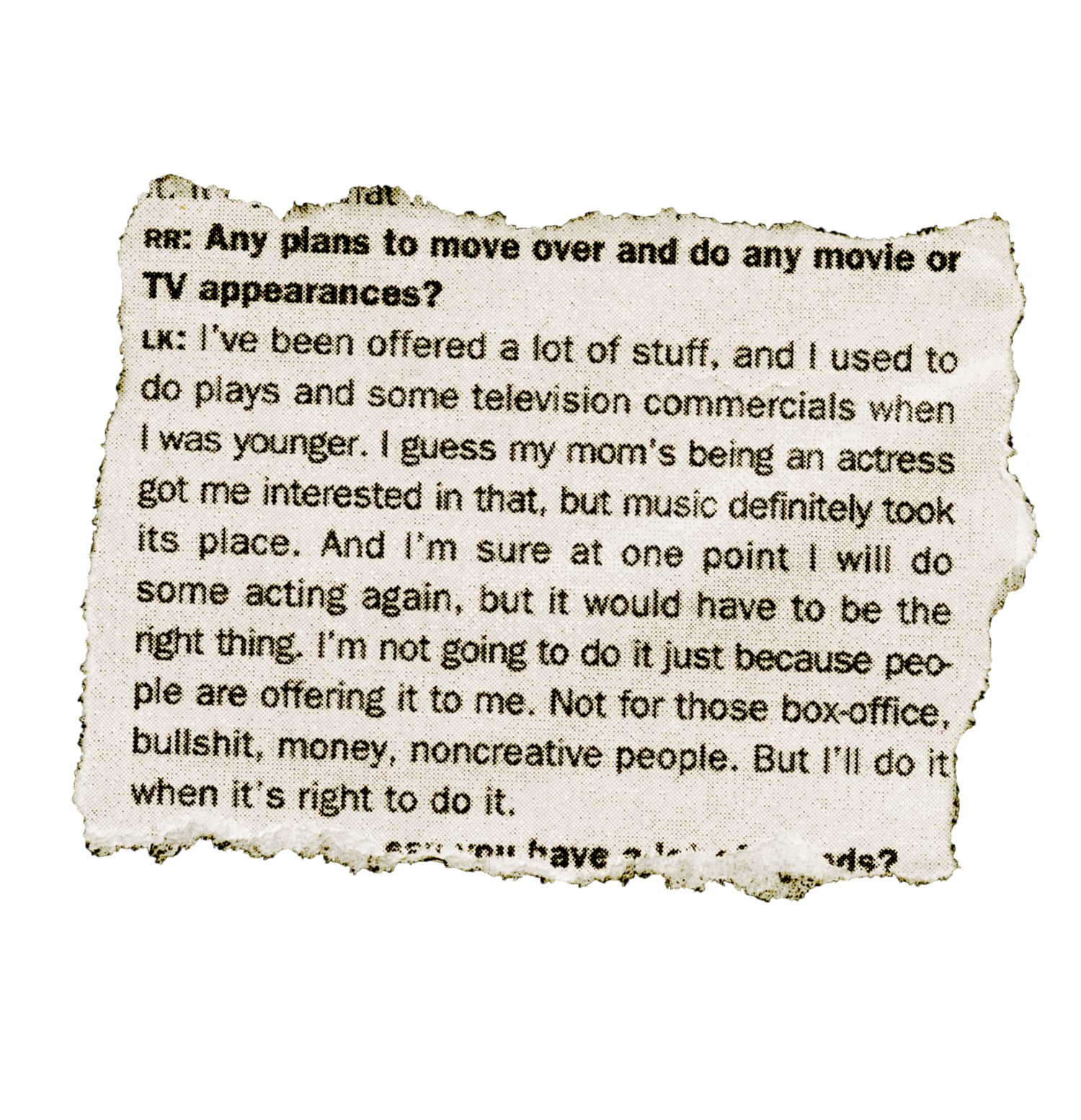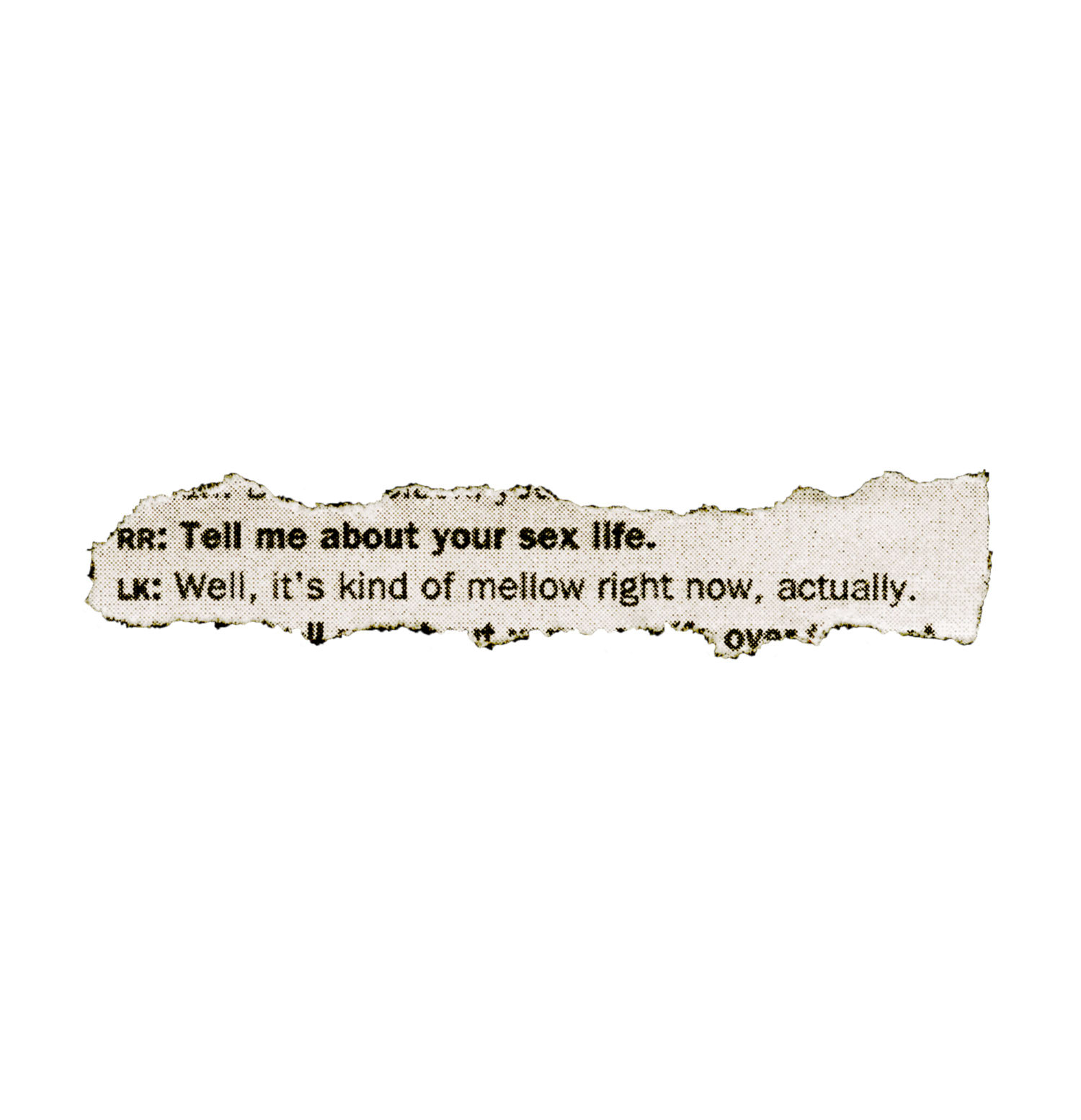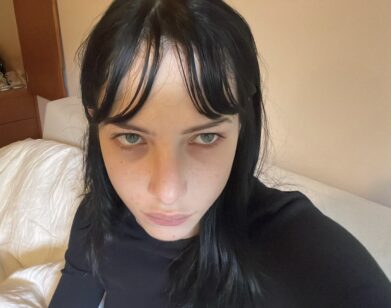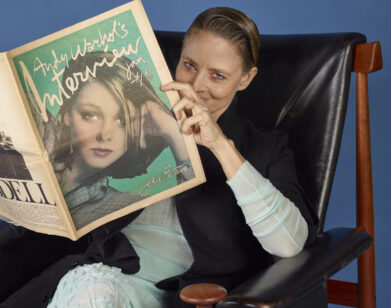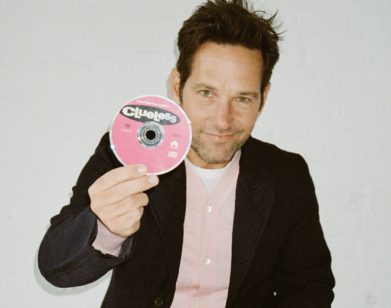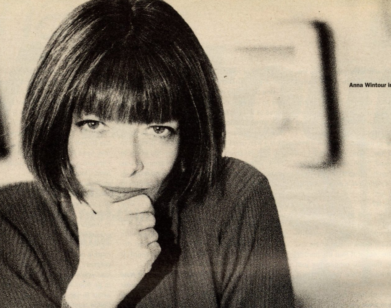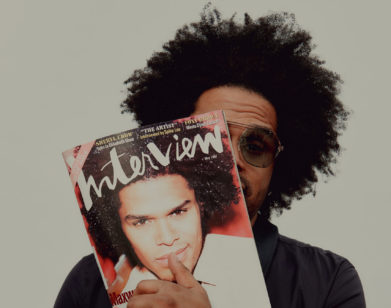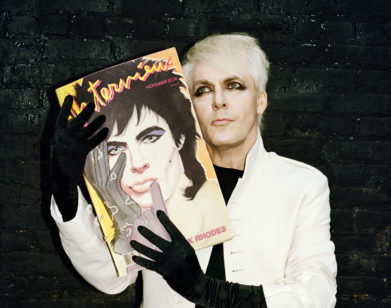ON SECOND THOUGHT
Lenny Kravitz Revisits (and Revises) His Interview Feature from 1993
Ahead of the release of his memoir Let Love Rule, the boundary-breaking rock legend Lenny Kravitz revisits—and revises—a conversation he had in 1993 with his super-producer friend, and then-roommate, Rick Rubin.
———
“I was very fortunate to have grown up in New York City at a time when music was so alive. My mother was an actress, a pioneer in an African American theater company called the Negro Ensemble Company, so I was around theater and music and the arts. When Zoë [Kravitz, Lenny’s daughter] was growing up, it was also in this world of music and art. Most of our friends were writers, sculptors, photographers, painters, actors, musicians, designers, jewelry makers. Zoë soaked all of that up, as I did. She grew up around people like Prince, Mick Jagger, Steven Tyler, Stevie Wonder. It was very similar.”
———
“Isn’t it amazing? It sounds like I’m in the ’50s, but we’re talking about the ’80s at Beverly Hills High”.
———
“The friends I was talking about then are no longer in my life. Before [the album] Let Love Rule, I had a lot of friends. And I think a lot of them didn’t know how to deal with what happened to me. Stardom didn’t change me, but it did change people who saw it as a situation that they could get something out of. And so a lot of those people fell by the wayside. Now I’m blessed to have really good people around me, but the ones who know what’s really going down, that’s still a small group of people. And I prefer it that way.”
———
“A lot of years have passed since then but it is still one of the most incredible experiences in my life. It was pure, beautiful, inspiring, and magical. And we created this beautiful human being. The beauty is that after the breakup, even though there were a lot of feelings involved, we became best friends again. We became brother and sister again. Our families are all one. Jason [Momoa, his ex-wife Lisa Bonet’s husband] and I are like brothers, and their kids call me Uncle Lenny. I’m very proud of that.”
———
“When I read that, I thought, ‘What a wonderful gift to have wanted that and to have received that.’”
———
“Critics at that time were always trying to say that I sounded like this or that, or that I got this from here, got that from there. That’s because I was new, but it was also because I was Black and playing rock and roll. People who had been through the ’60s and ’70s didn’t quite know how to deal with me. I could play all the instruments, I wrote, I produced, I had a vibe, I had a look, and it was just too much. They liked to put me down. I was very open and just spoke, and I think people took advantage of that, and it wasn’t fun. Over the years, I learned that you have to grow a thick skin. People are going to say what they say.”
———
“I’m a Black man, but my mother didn’t want me to discount my father and his heritage. She wanted me to understand that people didn’t necessarily have the insight to see you for your total picture. She wanted me to understand that, yes, I’m of African descent, but my father’s a Russian Jew: ‘You are just as much one as the other, but understand that you are Black, and that society is only going to see you in the way that they see your skin color.’ It was a good lesson.”
———
“It all started with Lee Daniels. I’ve always been really satisfied with making music, but I was finishing a tour and he called me and offered me a role in Precious, and I thought, ‘Why not?’ Then The Hunger Games was offered to me based on the director having seen Precious. I’ve never auditioned for a film.”
———
“I’ve never been a kiss-and-tell kind of person. I’ve always liked to respect myself and the people I’ve been with. I have to say that I’m still that way.”

